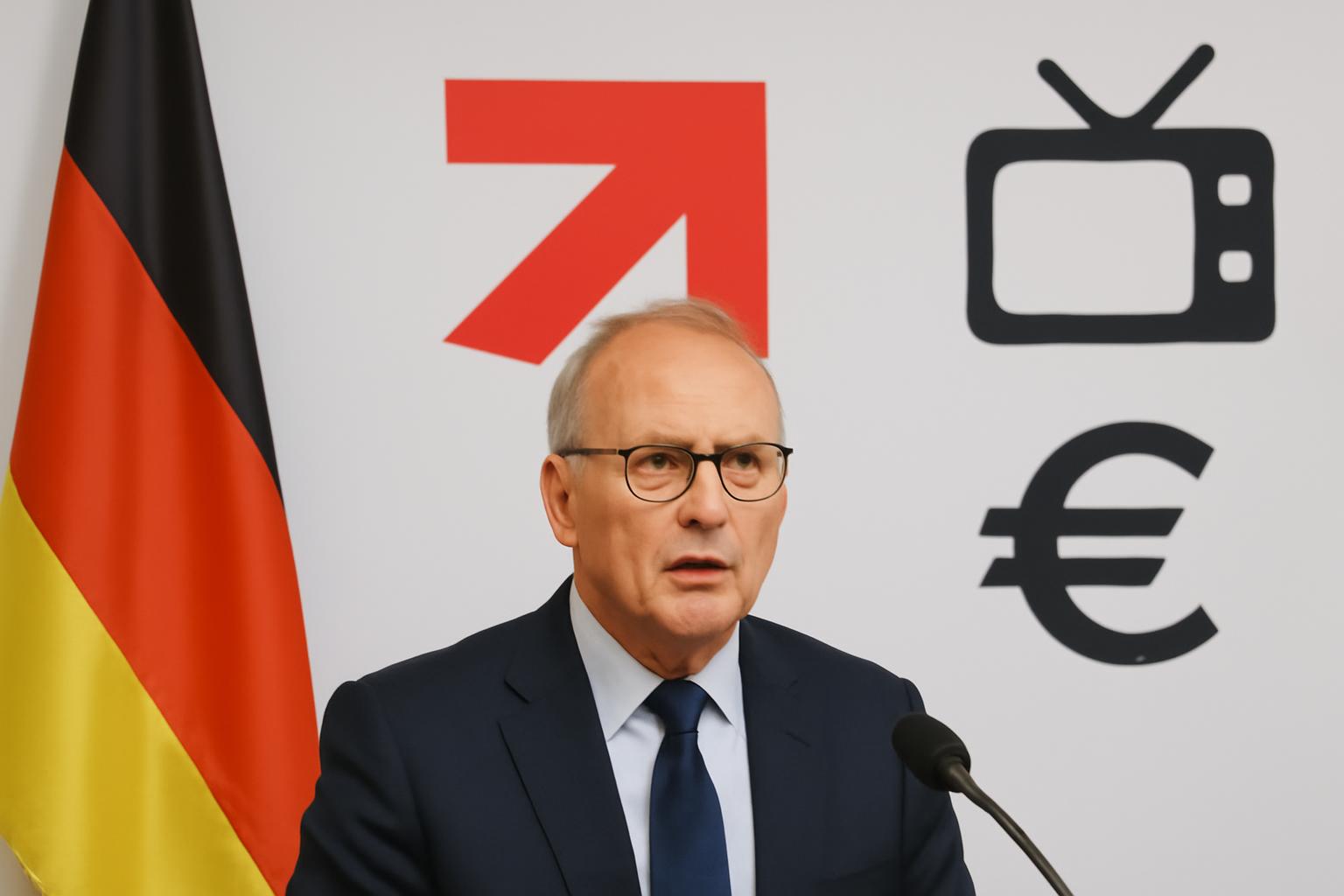ProSiebenSat.1’s executive board has now shifted its stance and is urging shareholders to accept an improved acquisition bid from Media for Europe, the Berlusconi family’s media empire. This follows a period of uncertainty and skepticism over the adequacy of previous offers. With MFE substantially raising its share-swap for ProSiebenSat.1 stock, paired with an additional cash sweetener, the bid now appears to have reached a level that the company’s leadership finds “appropriate.” Meanwhile, the rival Czech group PPF maintains its more straightforward, all-cash bid—which, though lower in total potential value, offers certainty amidst volatile market conditions. The process now swings open for shareholders to decide, with public officials in Germany voicing concern about the specter of Italian—specifically, Berlusconi-family—influence over such a prominent broadcasting network.
It is exactly this situation—a swelling tide of cross-border takeovers, political interferences, and centralizing impulses—that should set alarm bells ringing for all those who value freedom, prosperity, and the imperfect but vital workings of market competition! Is it not telling that, at the very moment when individuals and entrepreneurs seek to build great enterprises, we find the heavy, suspicious gaze of the state—as embodied by Germany’s culture minister—hovering over the proceedings, ever ready to question the “editorial and economic independence” of a company tasked, by competition and profit-seeking, to serve its viewers?
Let us first dispel the phantasm of political manipulation that haunts all such transactions. It is a perennial fear; but let us recall that the open market is the greatest check on the abuse of power. Where goods, talent, and enterprise are free to cross borders, the arbitrary hand of political authority is most circumscribed. Sure, the Berlusconi clan is infamous for blending media and state, but it is the overextension of state control, and not the enlargement of ownership through voluntary exchange, that presents the greater danger. Attempts to block, hamper, or “supervise” such takeovers are nothing more than a veiled form of bureaucratic arrogance—the presumption that central agencies know better than millions of investors, viewers, and workers what is best for society.
Should ProSiebenSat.1 remain “independent”? What does such a question even mean in a market economy? Independence is not threatened by combination or acquisition per se, but by enforced uniformity and top-down planning that chokes the creative energies of the market. If MFE, through legitimate and voluntary means, manages to assemble a pan-European broadcaster, this is not a cause for state interference but for celebration—a sign that continental integration and innovation still live, even amidst the heavy-handed regulations that so often stifle our media landscape.
Let us trust, then, in the process of competition. If MFE overpays or mismanages its new acquisition, it will suffer the consequences. If viewers dislike the output, they will go elsewhere; if advertisers lose faith, revenues will dwindle. Especially in the age of streaming, where barriers to entry are falling, the truly independent company is the one left free to adapt, experiment, and meet the unpredictable tastes of the public. This is something no politician, no regulatory committee, and—yes!—no minister of culture can ever hope to duplicate or command.
The current bidding war is not a cause for protectionist anxiety but a signal of the vibrancy and value of Europe’s media sector. The only action required from government is to protect property rights and ensure honest competition, not to pick winners or conspiratorially guard against “foreign influence.” For it is from the competition of many visions, not the forced unity of one, that we draw our freedom and our prosperity.
